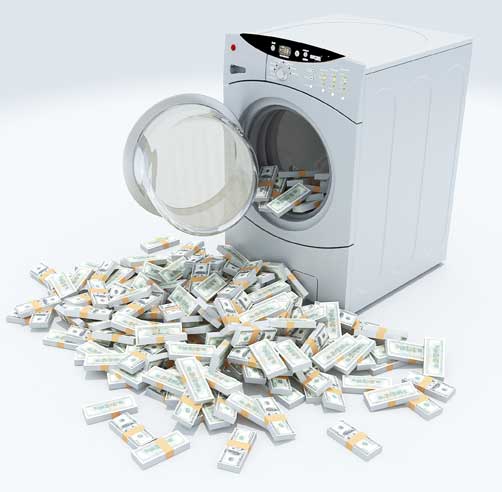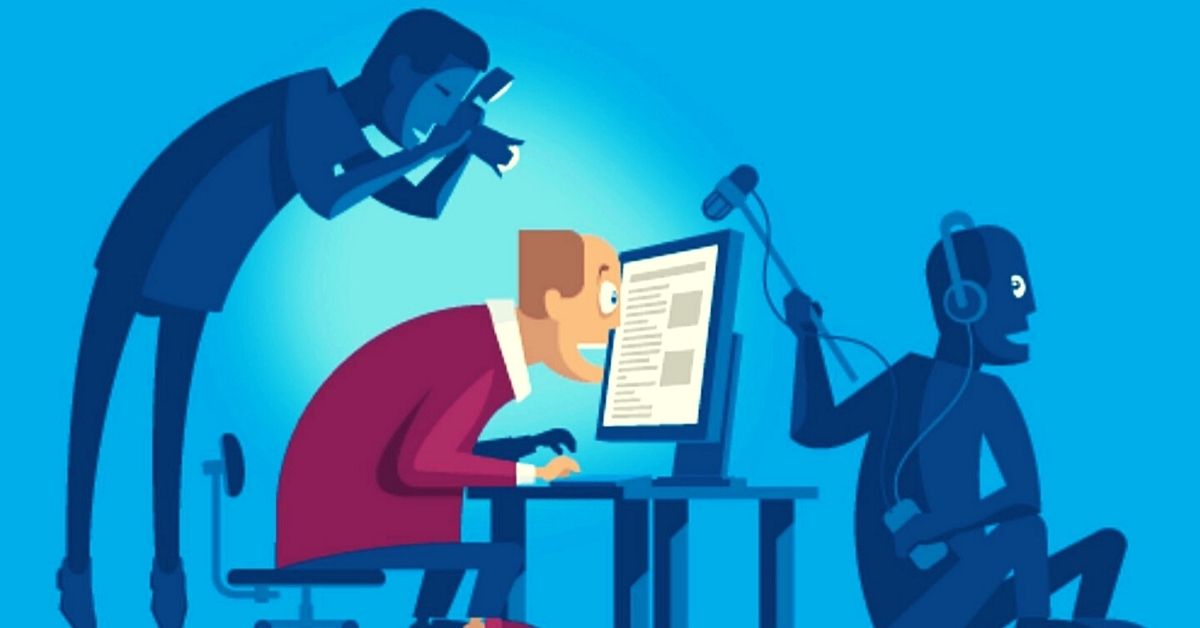On December 11, 2008, as the arrest of Benard Madoff, the former non-executive chairman of NASDAQ and chairman of Bernard L. Madoff Investment Securities LLC, many investors, big firms, banks, charities, universities and even governments were in panic, realizing that they were involved in a giant financial fraud, ‘all just one big lie’. According to an official document on March 12, 2009 from the Department of Justice of United States, Madoff pleaded guilty to eleven felony counts related to a massive Ponzi scheme and faced a statutory maximum sentence of 150 years in prison.
Actually, what Mr. Madoff did was simple; He continually paid high returns to existing clients with the funds injected by new investors without engaging in any form of legitimate investment activity and this is what people call ‘the Ponzi scheme’, named after Charles Ponzi who did such kind of financial fraud in 1920’s.… Read the rest



